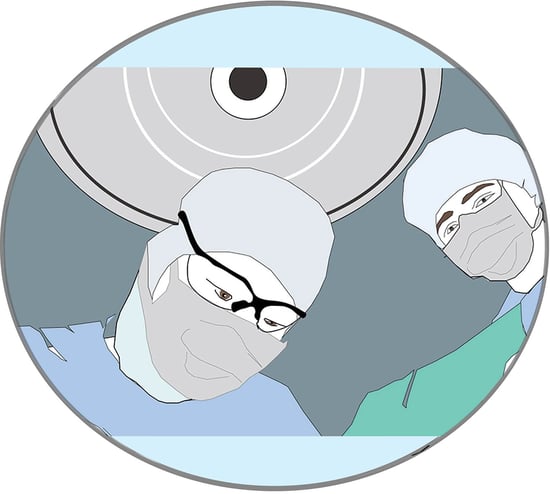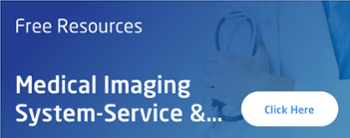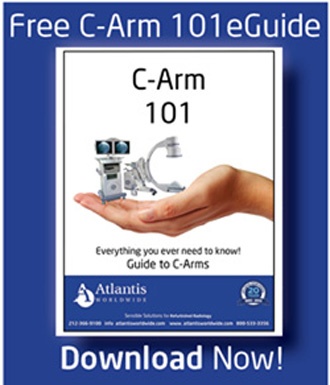During the pandemic, hospitals were so overwhelmed with COVID-19 patients that many “elective” surgeries were postponed—indefinitely! And while this makes sense for a non-emergent hernia operations, delaying a critical cardiac intervention that’s labeled as “elective” made many healthcare professionals uncomfortable. That’s why many outpatient facilities began performing stent placements, catheterizations and pacemaker implants, to name a few. In fact, almost 70% of cardiac procedures are now taking place in hospital outpatient settings—especially since commercial payers are reimbursing outpatient facilities for these procedures.
And while this makes sense for a non-emergent hernia operations, delaying a critical cardiac intervention that’s labeled as “elective” made many healthcare professionals uncomfortable. That’s why many outpatient facilities began performing stent placements, catheterizations and pacemaker implants, to name a few. In fact, almost 70% of cardiac procedures are now taking place in hospital outpatient settings—especially since commercial payers are reimbursing outpatient facilities for these procedures.
Are you considering adding a cardiology service line to your surgical facility? If so, here are certain distinctions that separate heart and vascular procedures from other outpatient specialties.
- Staffing. As cardiology care is very specialized, your staff will need to have relevant experience and technical skills like advanced cardiac life support, catheterization laboratory techniques and critical care certification. You also need to hire staff that’s specially trained in cardiology, including the procurement of cardiology nurses versus surgical nurses. This also means you’ll need to determine if you’ll have enough cases to warrant this specially trained staff. Make sure you hire seasoned physicians who are comfortable with handling common complications in cardiology procedures and aren’t discouraged by the regulatory and reimbursement challenges that exist for this specialty.
It’s probably best to focus on three main categories of care.
- Coronary: Both diagnostic and interventional work. This includes right and left heart catheterizations, balloon angioplasty and stent placements.
- Peripheral Vascular Interventions, or work performed on the vessels outside the heart.
- Devices: The placement of implants like pacemakers, defibrillators and loop recorders.
- Patient Selection. The patient selection criteria you employ will dictate the overall safety of your cardiology program, so it’s important to establish your criteria and lab values. Cardiac patients are usually more vulnerable than standard ASC patients, often with diabetes, high blood pressure or other issues that can make procedures riskier to perform. You may choose to not perform procedures on patients with kidney disease because of the additional risk for complications. The contrast dye can overload the kidneys.
- Complexity of Regulatory and Reimbursement. Yes, CMS is now approving cardiac procedures performed in ASCs, but the approval codes are constantly evolving, which can be confusing. In addition, reimbursement can be difficult and challenging. Because this is a new specialty for ASCs, negotiating contracts with payers can be difficult. In addition, escalating start-up costs due to cost increases and supply shortages can be obstacles to ROI.
Here To Stay?
Ever since CMS began reimbursing for cardiac procedures performed in ASC settings there’s been a steady increase in the number of approved interventions. There’s no doubt that safe cardiovascular procedures will continue to be performed outside traditional hospital settings. In fact, you can anticipate an increase in approved procedures in the future, including structural valve repairs.
Talk To An Expert
If you need medical imaging equipment to increase your ability to perform cardiac procedures in your ASC, talk to the experts at Atlantis Worldwide. Often times you can get the performance you want at a kinder price point by choosing certified refurbished or used CT Scanners, MRIs, C-Arms and more. Atlantis Worldwide has been helping healthcare facilities find ideal medical imaging systems for more than 29 years. We’d love to help you, too.
Some blogs you may have missed:
- Top 10 Tips for the Operating Theater Radiographer
- Single-Plane Or Bi-Plane Cath Labs: Which Is Right For You?
- C-Arms & Vascular Health
- Comparing The GE Innova Digital Cath Lab Family: 2100, 3100 & 4100
- Tips to Prepare For X-Ray Machine Installation
About the author: Vikki Harmonay



